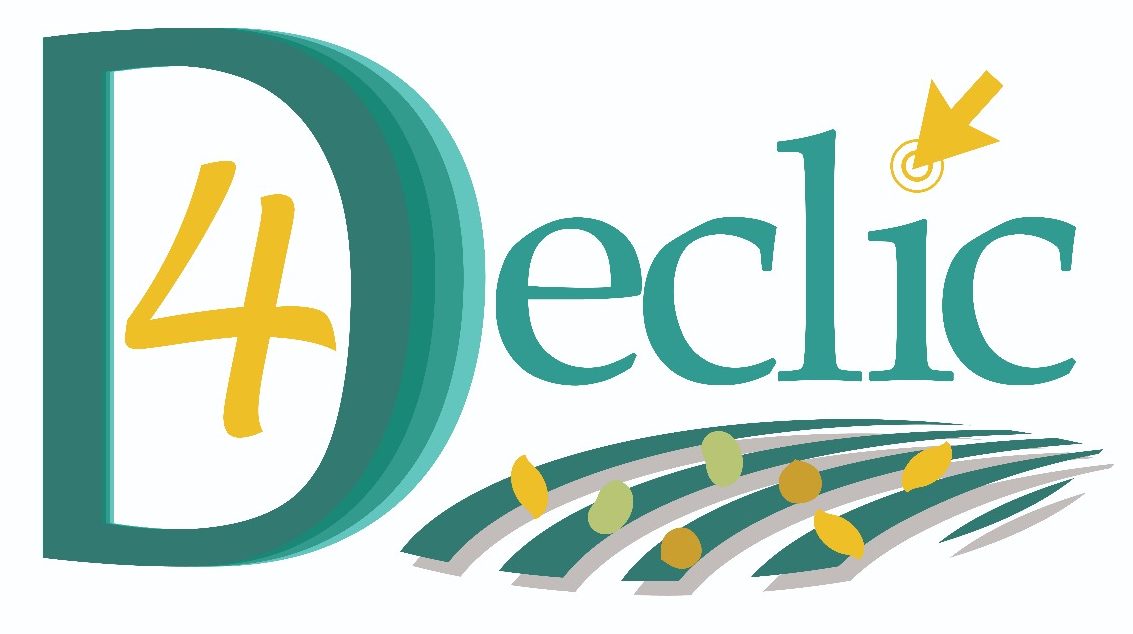Partners research groups
The UMR SYSTEM (Fonctionnement des Systèmes de culture Méditerranéens et Tropicaux) is the coordinator of the D4Declic. Apart from that, 5 institutes from 4 different countries will participate in the project.

UMR SYSTEM (Fonctionnement des Systèmes de culture Méditerranéens et Tropicaux)
The “Tropical and mediterranean cropping system functioning and management” joint research unit (UMR System) produces knowledge and tools to assess and design cropping systems combining economic efficiency and the production of environmental services.
In Mediterranean and tropical areas, it explores the hypothesis whereby the biological diversity of species cultivated in the same place fosters ecological intensification.
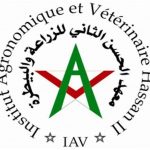
Institut agronomique et Vétérinaire Hassan II (IAV-Hassan II)
The Hassan II Institute of Agronomy and Veterinary Medicine (IAV) is a multidisciplinary polytechnic centre for high education, training and scientific research serving in collaboration with national and international agricultural and rural development.
The unit of Genetic, Biotechnology and Plant Breeding at IAV Hassan II works among others on the establishment of the scientific bases for in situ conservation of the genetic diversity of faba bean, durum wheat and barley and its exploitation and valorization for sustainable cropping systems.
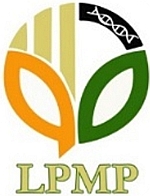
Laboratory of Plant Molecular Physiology (LPMP)
The Laboratory of Plant Molecular Physiology at the Centre of Biotechnology of Borj-Cedria in Tunisia develops a multi-omic approach to charachterise and valorise Mediterranean economic plants (grapevine, barley etc.). Physiological, transcriptomic, proteomic and metabolomic analysis are being developed to understand mechanisms of tolerance to drought and salinity within a diversified international collaboration network. A particular importance is given to the interaction of plants with their beneficial microbiome. Furthermore, certain research activities related food quality and food safety are also being developed
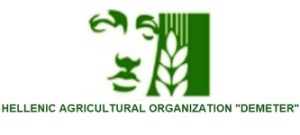
Institute of Soil and Water Resources (ISWR), Hellenic Agricultural Organization (HAO-DEMETER)
The ISWR has a long history of research activities on soil and water management and focuses on applied research, services, state-of-the-art technologies and consultancy to farmers, public authorities and stakeholders. The institute provides full support and consultancy to individual farmers and farmers’ cooperatives for issues related to fertility assessment and fertilization design while it has a strong cooperation with public bodies and stakeholders for the implementation of local, national and european projects.
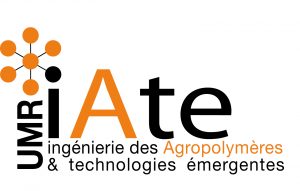
JRU Agropolymer Engineering and Emerging Technologies (IATE)
IATE is a joint research unit (JRU) of INRA, CIRAD, Montpellier SupAgro and University of Montpellier working in the area of agro-polymers and emerging technologies for food and non-food end-uses. Its main research topics are on the structural and physico-chemical basis of agro-resources fractionation; the agropolymer structuration and powder reactivity; the food packaging systems; the bioconversion of biomass and the knowledge engineering to enhance the usage of bio-resources.
Partners consortium institutes
The partners consortium are consisted of the following institutes.
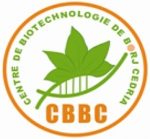
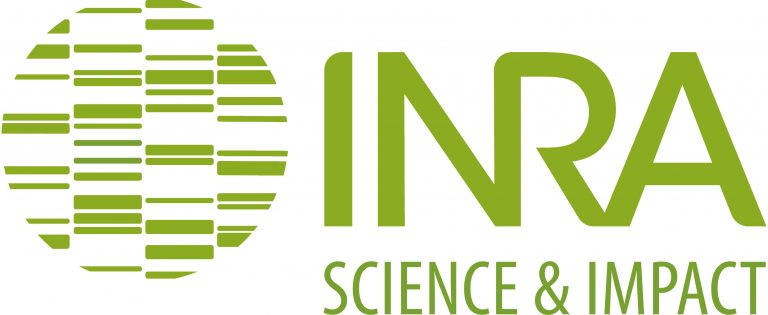
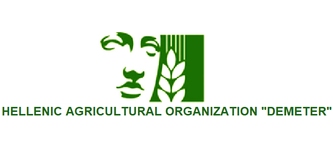
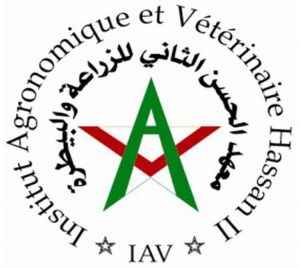
Associated institutes



People
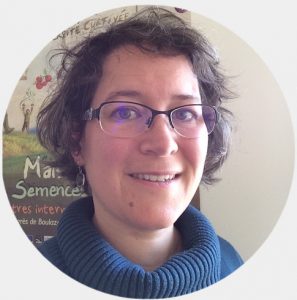
Marie Gosme
She did her PhD at INRA Rennes on spatio-temporal modelling of soil-borne plant diseases and subsequently worked on epidemiological and evolutionary models at the University of Cambridge, UK. She joined the Agronomy team at INRA Grignon to work on insects' and pathogens' population dynamics at the landscape scale, taking into account the spatial configuration of cropping systems and non-crop habitats. She now works at INRA Montpellier, in the SYSTEM research unit, studying cereal-based agroforestry systems and more specifically the effect of trees on crop growth, development and yield in current and future climate. She is the coordinator of the D4DECLIC project
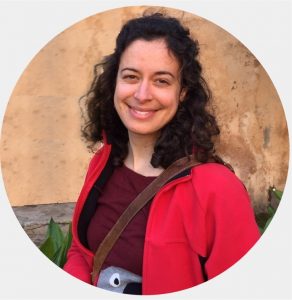
Hélène Marrou
She holds a PhD in Agronomy from Montpellier Supagro (France) where she is now an assistant professor. Her teaching focuses on modelling and crop physiology while she conducts her research on Mediterranean cropping systems within the SYSTEM group. She acquired proficiency on numerical crop models with Pr. T. R. Sinclair at North Carolina State University. She is currently developing research actions on cereal legume rotations for the Mediterranean region, using modelling approaches to explore options to optimize resource (water and nitrogen) availability and resource use efficiency across scales, from field to farm.

Lamiae Ghaouti
Lecturer and researcher in the Unit of Crop Genetics, Breeding and Biotechnology. Head of the Department of Production, Protection and Plant Biotechnology at IAV Hassan II. Her field of expertise is breeding research and applied genetics with a focus on faba bean (Vicia faba L). She led several national (Ex: MCRDV) and international projects (Ex: SAADA, Agropolis foundation; MEDILEG, ARIMNet). She received her PhD degree in 2007 from the University of Göttingen in Germany in the field of plant genetics. Awarded with Kurt von Rümker Price in Quedlinburg, Germany. Dr. Ghaouti occupied as well the position of a legume plant breeder and member of the Research Department in the plant breeding company NPZ, KG in Hohenlieth, Germany.
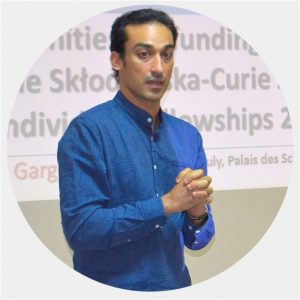
Mahmoud Gargouri
He holds a PhD in Bioengineering awarded by National School of Engineers of Sfax (Tunisia) and University of Bordeaux – CBMN (France). Before being recruited as Assistant Professor in the Center of Biotechnology of Borj-Cedria- CBBC (Tunisia), he spend several years in David Gang’s lab at the Washington State University- IBC (USA) where he builds a great expertise on system biology by developing analytical and computation tools to identify the regulatory hubs that controls stress tolerance mechanisms. Currently, he is developing research actions to characterize the plant-microbes regulatory networks required for plant tolerance mechanisms, for promoting a Sustainable Smart Agriculture using local genetic resources.
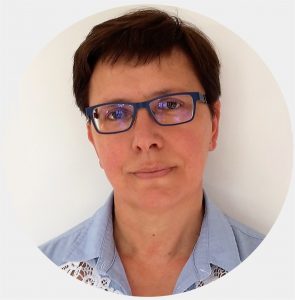
Marie-Françoise Samson
She earned an Engineer's degree in Food biology and biochemistry. She works at INRA since 1980 as engineer, first in animal pathology field, then in cereal chemistry and technology field. Since 2013, she is co-coordinator of the Join Technological Unit Innovations for a sustainable durum wheat production and transformation (UMT NovaDur). She is also member of the technical committee of the International Association for Cereal Science and Technology (ICC).
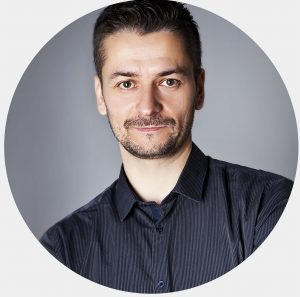
Panagiotis Tziachris
He is a researcher of spatial data and new technologies in Institute of Soil and Water Resources at Hellenic Agricultural Organisation (ELGO-Demeter). He received his degree of Rural and Surveying Engineering, his M.Sc. in "Techniques and Methods for Spatial Analysis, Planning and Management" and a Ph.D. of Engineers in Spatial Data Infrastructures (SDI) in agriculture. He is working with spatial data management, analysis and representation since 2002 in the thematic area of soil and water recourses. His main research interests are spatial data management, geostatistics, Spatial Data Infrastructures (SDI), Web Geographic Information Systems.
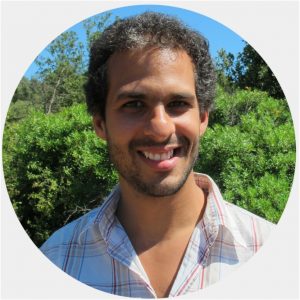
Karim Barkaoui
He holds a PhD in Functional Ecology from Montpellier SupAgro (France). He is now Agroecologist within the SYSTEM research group at CIRAD (France) where he conducts his research on functional agrobiodiversity and the functioning of Mediterranean multispecies systems, including agroforestry. He investigates plant-plant interactions and how they impact productivity and ressource (water and nitrogen) efficiency along an aridity gradient. He also investigates plant-soil interactions and how plant traits impact water fluxes and soil health. His research contributes to identifying relevant assembly and management rules of functional agrobiodiversity for the design of drought-adapted and resilient agroecosystems. He is currently based at IAV Hassan II (Morocco) where he teaches agroecology.
